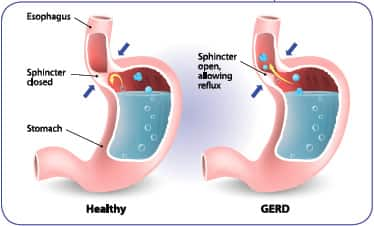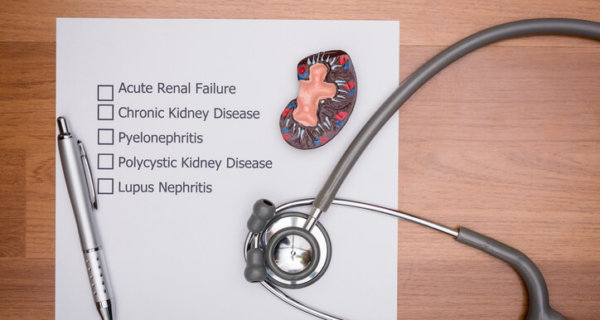Acid Reflux Proton Pump Inhibitor. If you haven't had gastric surgery start at. If you have GERD, or acid reflux, there is a high probability that your doctor told you to take a proton pump inhibitor, or PPI for short.

Proton pump inhibitors reduce stomach acid.
Proton pump inhibitors (PPIs), which include well-known brand names Prilosec, Miracid, Nexium and Prevacid, are among the most commonly prescribed medications in the world.
Some of these conditions include serious acid reflux/heartburn, GERD, peptic ulcers (a sore in the lining of the stomach), and Zollinger-Ellison syndrome. Proton-pump inhibitors (PPIs) are members of a class of medications whose main action is a profound and prolonged reduction of stomach acid production. Pharmacological acid suppression has been so successful in healing peptic ulcer (PU) and managing patients with gastroesophageal reflux disease (GERD). A chronic digestive disorder caused when stomach acid. The introduction of proton pump inhibitors (PPIs) into clinical practice has revolutionized the management of acid-related diseases. I explain the relationship between these things.
Could this simply be that people who take PPIs have had a history of acid reflux and it's actually the reflux causing the correlation rather than the treatment? Proton pump inhibitors interfere with the function of proton pumps, thus decreasing the amount of acid in the stomach. Proton pump inhibitors (PPIs) effectively block gastric acid secretion by irreversibly binding to and inhibiting the hydrogen-potassium ATPase pump that ●Gastroesophageal reflux disease - PPIs are indicated in patients with gastroesophageal reflux disease, including for the treatment of erosive. Drug Interactions Proton pump inhibitors have enabled improved treatment of various acid-peptic disorders, including gastroesophageal reflux disease, peptic ulcer disease, and nonsteroidal anti-inflammatory drug-induced gastropathy. If you haven't had gastric surgery start at. People take PPI drugs for symptoms like heartburn.
If a PPI is stopped, people who have been taking it may find they have even worse acid reflux than before. Proton-pump inhibitors (PPIs) are members of a class of medications whose main action is a profound and prolonged reduction of stomach acid production. PPIs are medicines that lower the production of acid in the stomach.






